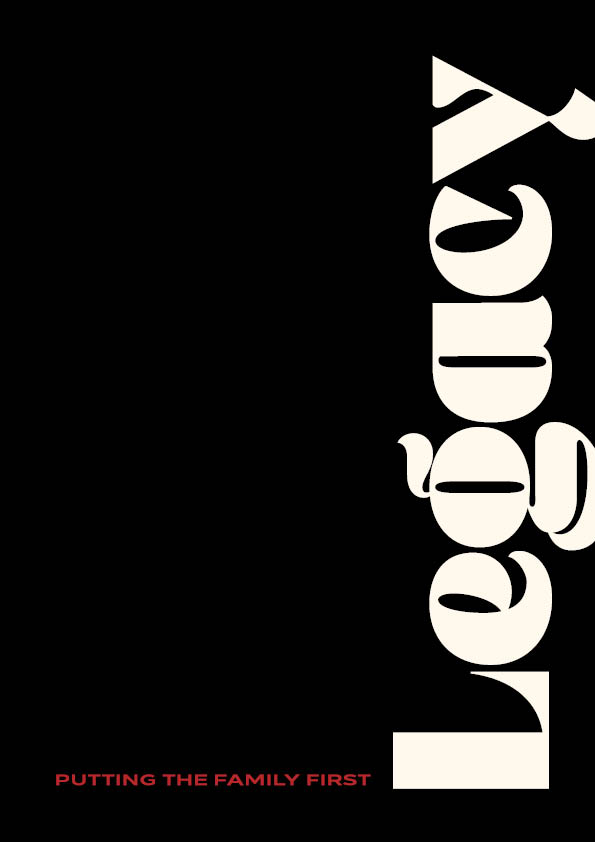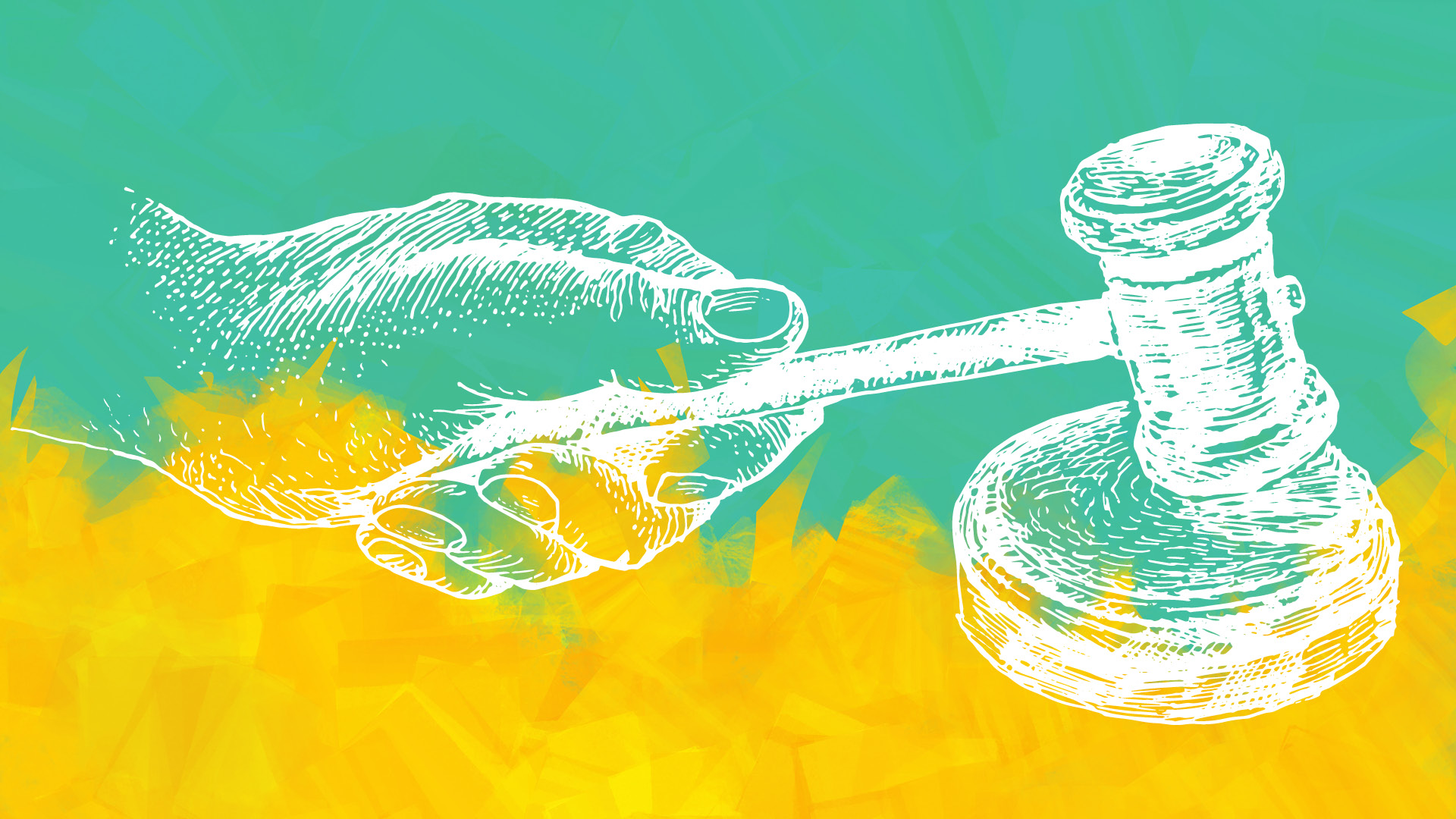- Arbitration
- Banking & Finance
- Capital Markets
- Commercial
- Competition
- Construction & Infrastructure
- Corporate / Mergers & Acquisitions
- Corporate Services
- Corporate Structuring
- Digital & Data
- Dispute Resolution
- Employment & Incentives
- Family Business & Private Wealth
- Innovation, Patents & Industrial Property (3IP)
- Insurance
Find a Lawyer
Book an appointment with us, or search the directory to find the right lawyer for you directly through the app.
Find out more
Legacy: Putting the Family First
This comprehensive guide is designed to help you navigate the intricate landscape of family business and private wealth in the Middle East, where family businesses constitute approximately 60% of GDP and employ 80% of the workforce in the GCC, offering unparalleled opportunities for wealth creation and preservation.
Packed with insights, strategies, and expert advice from our talented lawyers, Legacy provides tailored solutions to the unique challenges of asset protection, succession planning, and dispute resolution in this dynamic region.Read the publication and equip yourself with the knowledge and tools necessary to thrive, whether you’re a seasoned investor, a family business owner, part of the next generation, or a newcomer exploring opportunities in the region.
Read Now
The leading law firm in the Middle East & North Africa region.
A complete spectrum of legal services across jurisdictions in the Middle East & North Africa.
-
Practices
- All Practices
- Banking & Finance
- Capital Markets
- Commercial
- Competition
- Construction & Infrastructure
- Corporate / Mergers & Acquisitions
- Corporate Services
- Corporate Structuring
-
Sectors
-
Country Groups
-
Client Solutions
Today's news and tomorrow's trends from around the region.
17 offices across the Middle East & North Africa.
Our Services
 Back
Back
-
Practices
- All Practices
- Banking & Finance
- Capital Markets
- Commercial
- Competition
- Construction & Infrastructure
- Corporate / Mergers & Acquisitions
- Corporate Services
- Corporate Structuring
- Digital & Data
- Dispute Resolution
- Employment & Incentives
- Family Business & Private Wealth
- Innovation, Patents & Industrial Property (3IP)
- Insurance
- Intellectual Property
- Legislative Drafting
- Private Client Services
- Private Equity
- Private Notary
- Projects
- Real Estate
- Regulatory
- Tax
- Turnaround, Restructuring & Insolvency
- White Collar Crime & Investigations
-
Sectors
-
Country Groups
-
Client Solutions

Are you lawfully exercising your right?
Ashraf Mostafa - Senior Associate - Private Client Services
Zain Khufash
![]() Is the right to have recourse to the judicial system guaranteed in all cases? In what circumstances can a person be held liable for an unlawful or wrongful exercise of their rights to file a claim before the UAE courts? What is the general position adopted by the UAE Courts on whether or not a person has abused their rights in filing a claim? In this article we look at a recent ruling of the Court of Cassation which sheds some light on these questions.
Is the right to have recourse to the judicial system guaranteed in all cases? In what circumstances can a person be held liable for an unlawful or wrongful exercise of their rights to file a claim before the UAE courts? What is the general position adopted by the UAE Courts on whether or not a person has abused their rights in filing a claim? In this article we look at a recent ruling of the Court of Cassation which sheds some light on these questions.
The dispute
The Claimant filed a civil claim against his ex-wife and her son (the ‘Respondents’), seeking compensation for material and moral damages on the basis that one of the Respondents (his ex-wife) filed a malicious criminal complaint against the Claimant and accused him of adultery.
The criminal complaint arose after the Claimant’s ex-wife’s son, while using a shared household laptop, stumbled upon a CD file which showed the Claimant with an unknown woman committing adultery in the parties’ marital home. Based on this evidence, the Claimant’s ex-wife submitted a complaint to the public prosecution and the CD file was referred to a forensic laboratory for examination. The forensic laboratory issued a report concluding that the images on the CD had been extracted from a cell phone, and there was no indication that the images had been altered or fabricated.
The Criminal Court of First Instance rendered its judgment against the Claimant sentencing him to one month’s imprisonment and deportation for committing adultery. The Claimant appealed this judgment, but the Appeal Court upheld the ruling of the Court of First Instance. The Claimant made a further appeal to the Court of Cassation. The Court of Cassation accepted the appeal and repealed the Appeal Judgment, returning the case to the Court of Appeal for a re-trial. The re-trial ended with the Appeal Court ruling in favour of the Claimant and declaring him innocent. It based its finding on the fact that the files were transferred from an anonymous cell phone and since the method of transferring the files could not be determined, it could not be relied upon as admissible evidence to convict the Claimant.
This is what led the Claimant to file a civil claim against the Respondents, seeking compensation for material and moral damages in the sum of AED 100,000,000 (approximately US$ 2.5 million) plus interest, on the basis that the Respondents filed a malicious complaint which had resulted in his imprisonment and deportation thereby causing him significant material and moral harm.
The Court of First Instance and the Court of Appeal
The Court of First Instance dismissed the case and ruled that the Claimant must pay the court expenses and AED 1,000 legal fees (US$ 273). The Claimant appealed that judgment before the Court of Appeal. He argued that the Court of First Instance’s judgment was based on flawed reasoning, wrongful interpretation of the law and contradicted the facts established by the documents submitted to the court as evidence. However, the Court of Appeal upheld the Court of First Instance’s ruling and dismissed the appeal obliging the Claimant to pay all of the court and legal expenses.
The Court of Cassation
The Claimant appealed to the Court of Cassation, arguing that the Appeal judgment was flawed as it ignored the criminal court ruling that the Claimant was found innocent and that therefore the criminal claim was just a malicious complaint filed by his ex-wife with the malicious intent to cause harm to the Claimant. The Claimant also alleged that the images were fabricated by the Respondents in an attempt to damage the Claimant’s reputation and his high social status. The Respondents argued that there was no malicious intent as the Claimant was married to one of the Respondents at the time the complaint was filed and it was based on evidence that strongly suggested he committed adultery. Thus the Claimant’s ex-wife was well within her rights under the UAE Civil Law to file her complaint with the competent judicial authorities.
The Court of Cassation accepted the Respondents’ defence and upheld the Court of Appeal judgment. The Court of Cassation laid down the following two underlying principles:
- the right to resort to the judicial system is guaranteed to all by law; and
- an individual who lawfully exercises this right should not be expected to incur damages or be liable for any harm, unless malicious intent, bad faith or misuse on their part is established.
Moreover, the Court clarified that, as per Articles 106 of the UAE Civil Transactions Law, the exercise of a right shall be deemed unlawful if:
- ‘the intention of the person exercising that right is to infringe the rights of another person and/or cause harm to them; or
- the person exercising the right aims to achieve an outcome that is contrary to either Sharia rules, the law, public order and/or morals; or
- the desired outcome is disproportionate to the harm that will be caused to another person or the exercise of the right exceeds the bounds of usage and customs.’
In addition, Article 104 of the abovementioned law stipulated that:
‘Whoever exercises a right lawfully will not be liable for any harm arising therefrom’
Accordingly, the Court of Cassation held that as the Respondents had approached the competent authorities after discovering images which indicated that a crime had been committed, the Respondents had a lawful right to resort to the judicial system. Therefore, the Claimant’s argument had no legal basis and was dismissed, along with his request for compensation.
In addition, it was confirmed that it is in the relevant judge’s discretion to determine whether or not the person acted with malicious intent or in bad faith. In this case, the judge concluded that the Respondents did not act in bad faith and the fact that the criminal court found that the Claimant was innocent due to inadmissible evidence, did neither infer nor prove that the Respondent made the criminal claim with malicious intent or in bad faith. The burden of proof for establishing whether any abuse in exercising a legal right has occurred rests upon the person who suffered the damage and, in this case, the Claimant failed to convince the court that such abuse had occurred on the part of the Respondents. Consequently, the Court of Cassation dismissed the appeal and ordered the Claimant to pay the court fees and AED 2,000 (US$ 545) of legal fees.
Conclusion
Whilst there is currently no system of precedent that is binding on the UAE courts, Court of Cassation judgments are typically held in high regard and are considered persuasive. This judgment affirms the following important principles:
- the right to resort to the judicial system is legally guaranteed to every person, and no person who lawfully exercises his or her rights shall be liable for any damages or harm arising therefrom;
- a person shall only be held liable for abusing their legal rights if: (i) there is an intentional infringement of another person’s rights or they are acting with malicious intent or in bad faith; (ii) if the exercise of such right is designed to contravene the rules of the Islamic Sharia, the law, public order and/or morals; or (iii) if the desired outcome is disproportionate to the harm that will be caused to others or they exceed the bounds of usage and customs; and
- the burden of proof for establishing whether any abuse of a right has occurred rests upon the person who suffered the loss or harm and the court will always be free to exercise its discretion when determining malicious intent and bad faith.
For further information, please contact Ashraf Mostafa (a.mostafa@tamimi.com).
Stay updated
To learn more about our services and get the latest legal insights from across the Middle East and North Africa region, click on the link below.


